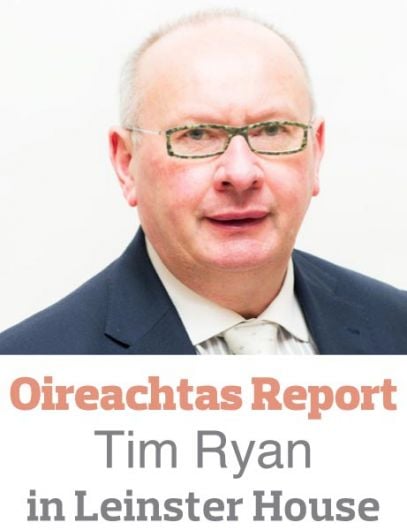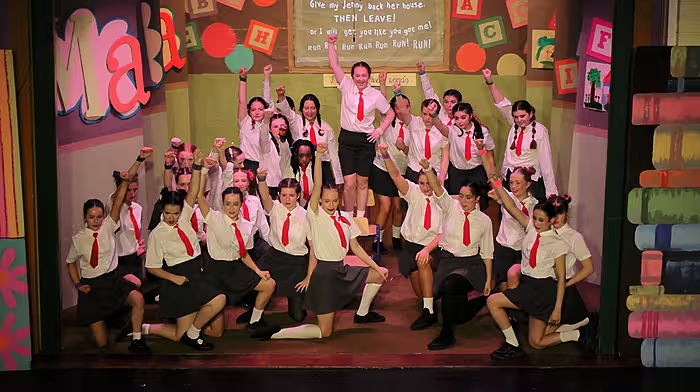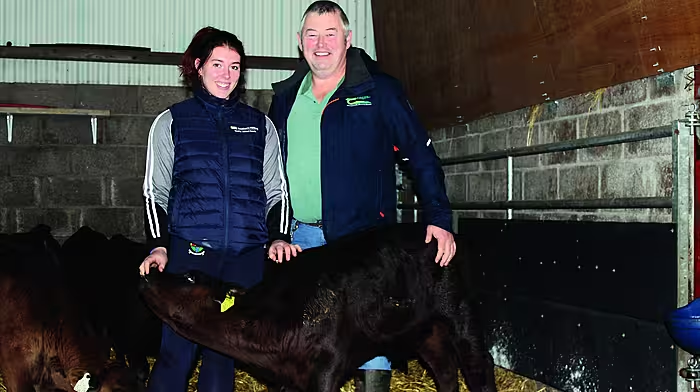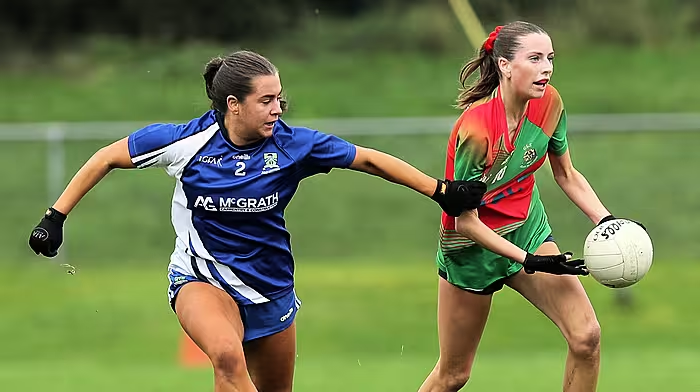While the Homemaker’s Scheme introduced in 1994 went a long way to increase the rights of homemakers by making it easier for them to qualify for a contributory State pension, they are still a generation of women who have been forgotten about, Independent Deputy Michael Collins told the Dáil recently.
WHILE the Homemaker’s Scheme introduced in 1994 went a long way to increase the rights of homemakers by making it easier for them to qualify for a contributory State pension, they are still a generation of women who have been forgotten about, Independent Deputy Michael Collins told the Dáil recently.
He said a group of women is in limbo and has been actively discriminated against by the introduction of the Homemaker’s Scheme.
West Cork Deputy Collins said the scheme only goes back to 1994, which precludes women who worked in the home prior to this date from benefitting from the scheme.
‘Some women were discriminated against in the past when forced to give up their jobs in the late 1960s and early 1970s because of the marriage bar,’ he said. ‘Subsequently, other women chose to give up their jobs and remain at home to rear children or care for a sick child or relative. They are discriminated against because they are not included in the current Homemaker’s Scheme which is only applicable from 1994. The scheme recognises women who choose to leave the workforce for a period not greater than 20 years to care for children or a sick child or relative.’
The women precluded from the scheme are either on reduced pensions or do not have enough contributions to qualify for a full rate, he added, or are receiving a pension as a qualified adult which is related to their husband’s pension.
In reply, Taoiseach Enda Kenny said the cost of increasing pensions for those currently not eligible prior to 1994 would be about €300m. ‘If that money was allocated, one would probably not have any money to increase pensions as a consequence,’ he said.
Meanwhile, a Cork farmer who had one digit wrong on an application for a farm payment had his 2014 payment held up until February 2017.
Fianna Fáil Deputy Aindrias Moynihan said it was ‘pure black magic’ with respect to the way that an applicant puts in their details and it takes such a long time to find out if anything is going to come through the appeals system.
‘More information needs to be given to farmers and there also needs to be a follow through on the commitment to improve the appeals process,’ he said.
There is, he said, a commitment in the programme for Government to review the appeals mechanism and a scoping exercise was conducted prior to last Christmas but the review does not seems to have progressed from that point.
In reply, Taoiseach Enda Kenny said he accepted that everybody who is due a payment or grant should be able to receive it on time. ‘I take the point about the scoping exercise that was being carried out and I will arrange for Minister Michael Creed to follow through on that.’
Minister Creed later told the Seanad that additional information or outstanding documentation has been requested and is awaited in over 1,000 of these cases. He was responding to Sen Victor Boyhan (Ind) who said more than 2,000 farmers had been left in limbo over their GLAS 1 and 2 payments from the Department. ‘This is becoming a bit of a joke,’ he said.
However, Minister Creed said the 2016 payments represent the first full year of payment under GLAS. ‘Only participants in GLAS tranches 1 and 2 are eligible for a payment in respect of 2016,’ he said. ‘At the end of December 2016, there were approximately 37,500 active participants in tranches 1 and 2, of which 27,400, or over 70%, received 85% of their 2016 payments in December. These payments were valued at more than €97m. Payments can only issue where all required validation checks have been successfully passed. The up-to-date position is that payments have now issued in 93% of cases, bringing the total amount paid to more than €121m.’









